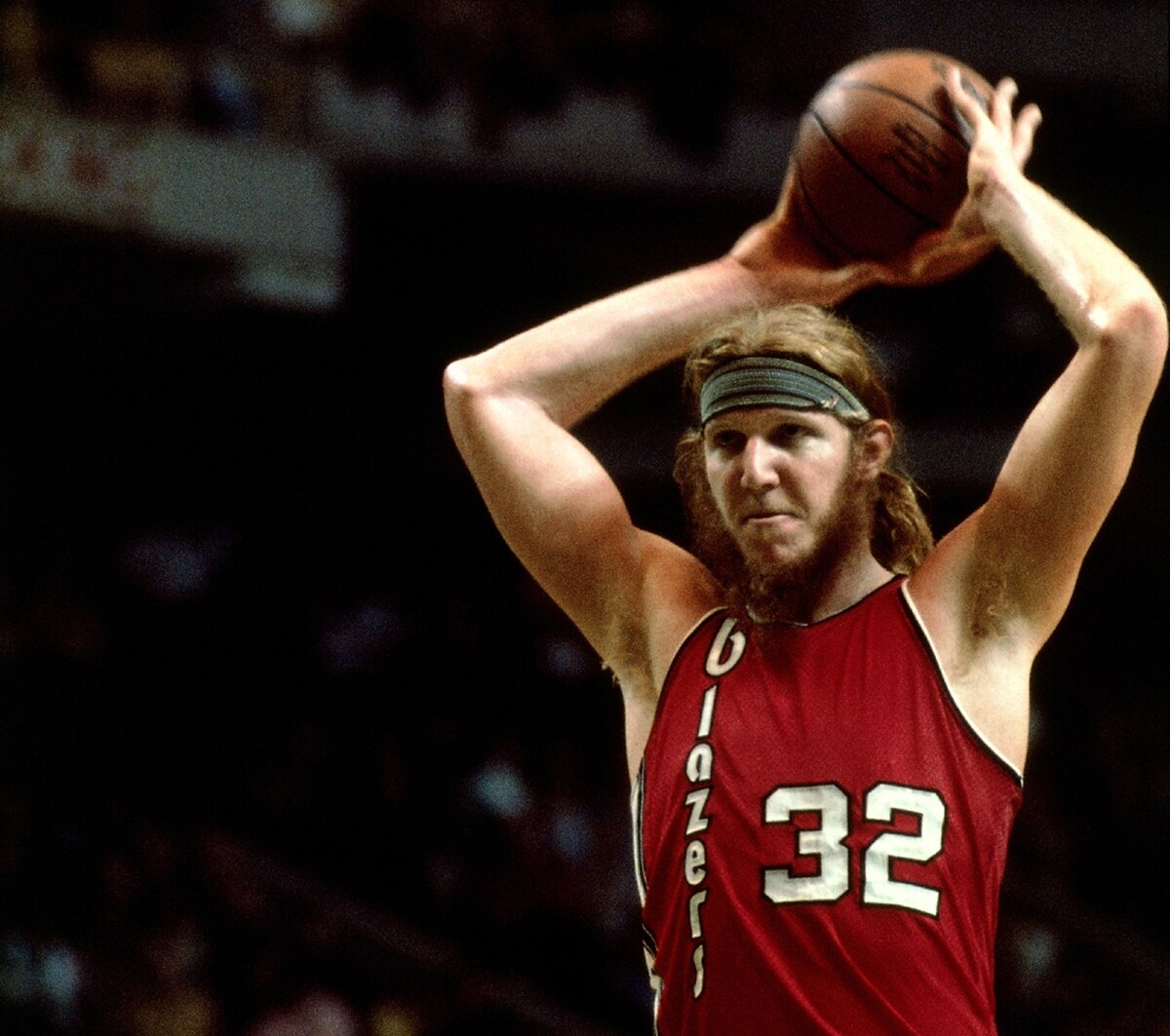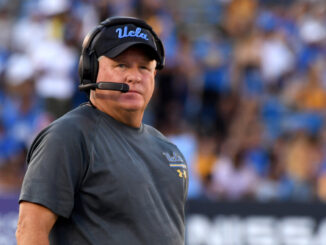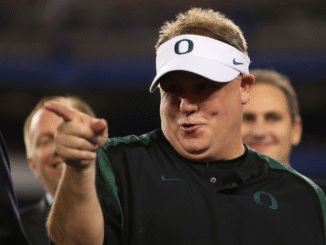
In the midst of turmoil following a sizeable round of layoffs in late April, ESPN made a “surprise” hire last Friday, naming former Oregon Ducks head coach Chip Kelly to their College Football and NFL analyst team.
Do you need to read that last sentence again? If so, I can wait. It took me a couple of tries to fully comprehend the irony in this hire too.
If you are unfamiliar with Kelly’s lifelong “battle” with the media, I understand that you might think this is a great addition for ESPN. He took the Philadelphia Eagles to the playoffs in his first year as an NFL coach, and turned Oregon football into a National Power in his four years at the helm. He is widely regarded as a football mastermind, and many think that he single-handedly changed the game of college football with his revolutionary blur-offense.
If you were familiar with the Ducks from 2009-2012, however, you might join me as I chuckle under my breath and look at the move with a side-eyed glance full of skepticism. Chip Kelly is brash, and I mean that in every sense of the word. As if he sleeps with a copy of Gregg Popovich’s “How to Talk to the Media” book under his pillow at night, Kelly is known for his one-word answers to questions from reporters. On more than one occasion he been seen as, let’s just call it “dismissive.” How about the time he famously yelled at an Oregon fan to “shut up” while doing an on-field interview with Erin Andrews? Or when he said “I’ll answer any question, but every question is a stupid question,” to reporters after another game?
Sure, as the head coach of a premiere college football program you are bound to run into greenhorn reporters who ask questions that don’t need to be asked. You’ll also have to deal with far too many college students who will criticize your every move quicker than they can shotgun a tall-boy of PBR. There is no doubt that these circumstances elicit frustrations, but what matters is how you deal with those frustrations.
Kelly generally chose to channel them into his interactions with the media. And now, he’s joining the same group of people that he used to give headaches to.
I never covered Chip Kelly in his time at Oregon; I was far too young. But as an aspiring journalist in my teens, I watched with a keen eye. I saw his cavalier attitude when he would answer “score more” to an interview with Erin Andrews at halftime. Now, that is a factual answer that would be very appropriate had the question been “what is the offense objectively trying to do in a football game?” But, knowing Andrews, I’m sure it was something more along the lines of “You guys struggled a bit with the running game in the first half — what adjustments can you make to get LaMichael James going and find a rhythm on offense?”
Do you see my point?
Kelly is not the lone member of the Contemptuous Coaches Club. In fact, he probably isn’t even on the same level as Popovich, the San Antonio Spurs head coach. For years “Pop” has irked mid-level ESPN analysts and sideline reporters with his impetuous answers in the mandatory end-of-quarter interviews for the NBA. For the first several years, it was comical — almost a breath of fresh air and a poke in the ribs during what usually was a tense matchup. But as of late, the tone has shifted, and many media members are getting fed up.
During game two of this year’s Western Conference Finals, ESPN Reporter Doris Burke took a stand. After far too many instances of Popovich giving her just barely enough of an answer to pass as an interview, Burke turned the tables, leaving Popovich stunned.
“I think it’s in my best interest to leave it at that,” responded Burke with a hint of a smile after Popovich answered her question about game-strategy with a mundane remark.
I watched this and I laughed. It was a perfect interaction. Burke’s almost victorious grin as she turned to the camera; Pop’s dumbfounded look when he realized what she had done. It was pure entertainment for the viewer, but more importantly, it was a win for journalists.
When it comes down to it, sports are entertainment. We watch groups of grown men playing a children’s game, and some of us are fortunate enough to make a living discussing it. But for that fortunate group, sports are more than just entertainment — they are a huge component of our lives. We break down film, we analyze quotes, and we conceive questions in attempts to delve deeper into the minds of the athletes and learn more about the sport itself.
For journalists, whimsical responses to serious questions aren’t entertaining, they’re hindering. They make it harder to report what needs to be reported, and they create an air of flippancy around the media.
Because of this, I have questions as to whether or not Chip Kelly will work as an analyst for ESPN. He is not long-winded, and he is not always expressive. I have no doubt that he can break down game film better than most, but I am curious to see how he does so alongside a group of journalists who he might have rubbed the wrong way in the past.
But if there is one thing that he has going for him, it’s that he can entertain. That much we know for certain.



